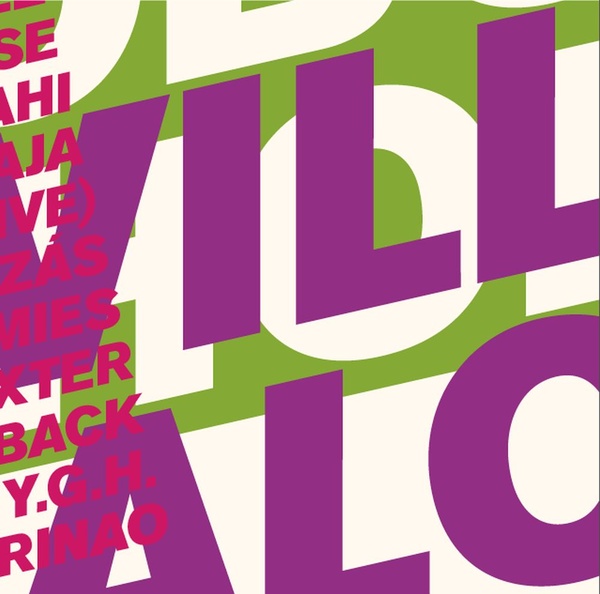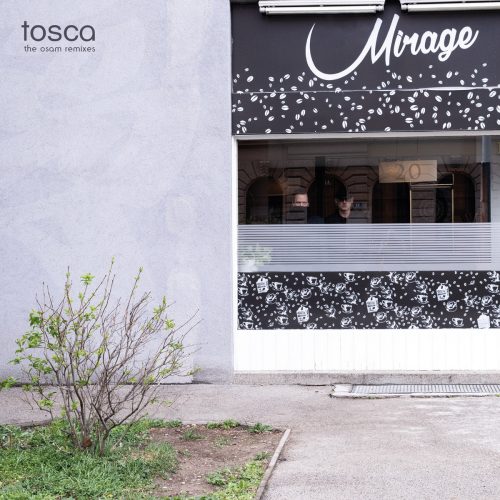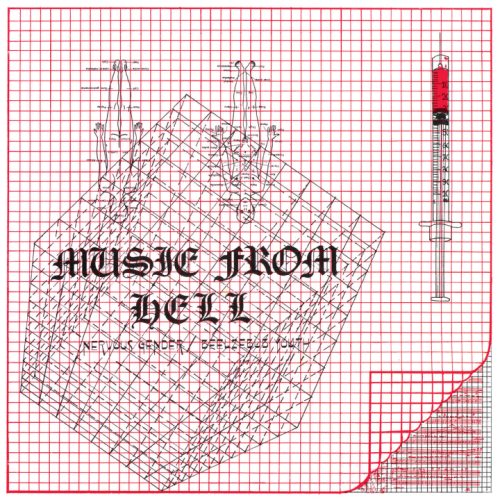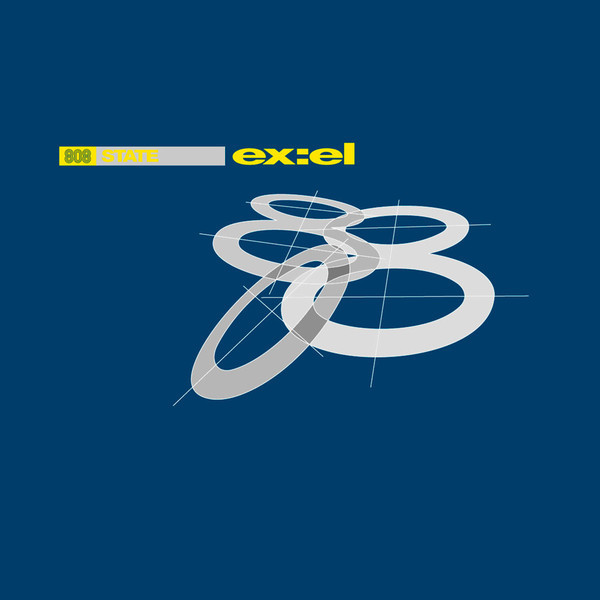Intershop
Label: Kompakt
Genre: Electronic, Highlights
$42.99
Out of stock
Audiopile Review: This year’s excavation of glitch classics continues. The two albums that Olaf Dettinger released on Kompakt around the millennium are well worth (re)discovering. ‘Intershop’ and ‘Oasis’ sit at the more rhythmic end of glitch music’s spectrum. Think those Pole albums of the same era. Gritty, slomo dub-techno. ‘Intershop’, the first album Kompakt ever released, has an almost jazzy feel that will appeal to fans of Jan Jelinek. ‘Oasis’ feels more purely electronic. Its austere bliss will do the business for fans of early Loscil. Honestly, we find it genuinely thrilling to see music of this era become available again. Like the best glitch, these albums sounded genuinely, startlingly new at the time. And they still sound fresh and uncannily beautiful. ‘Intershop’ and ‘Oasis’ have the added appeal of being among the most accessible records in the glitch canon.
Dettinger’s Intershop and Oasis have long been held, by many fans of ambient and electronic music, to be some of the finest albums in their field. Produced by the mysterious Olaf Dettinger, about whom not much is publicly known, they were some of the earliest full-lengths released by the then-nascent Kompakt, and in many ways, they both articulated and defined the sound that would come to be known as pop ambient, while also existing, somehow, to the leftfield of any clearly recognizable genre. Beautiful, sui generis works, it is a rare pleasure to see them being reissued on vinyl for a new generation of listeners to embrace. Originally released on CD only in 1999, Intershop was Kompakt’s first artist full-length. The music here simmers and broods, with opulent banks of tone marking out territory for rhythms that seem to be built from the clacking detritus of technology — hisses, thunks, knocks. Bass is deployed carefully, each drop a dubbed-out depth charge; drones spin and spiral, warping and weaving between the beats. There is, of course, other music to know Dettinger by, too — his three excellent EPs for Kompakt, Blond (1998), Puma, and Totentanz (1999), the latter of which, Michael Mayer once argued, “invented dubstep.” There is also a small, yet graceful run of compilation contributions, many of which can be found on Kompakt’s Total and Pop Ambient series. All this music has plenty to recommend it, sharing a clarity of purpose, and a rare, human warmth and depth. But Intershop and Oasis are the releases that distill Dettinger’s singular vision, and allow him, should he wish, to claim his place as a modern master of ambient and electronic music.






